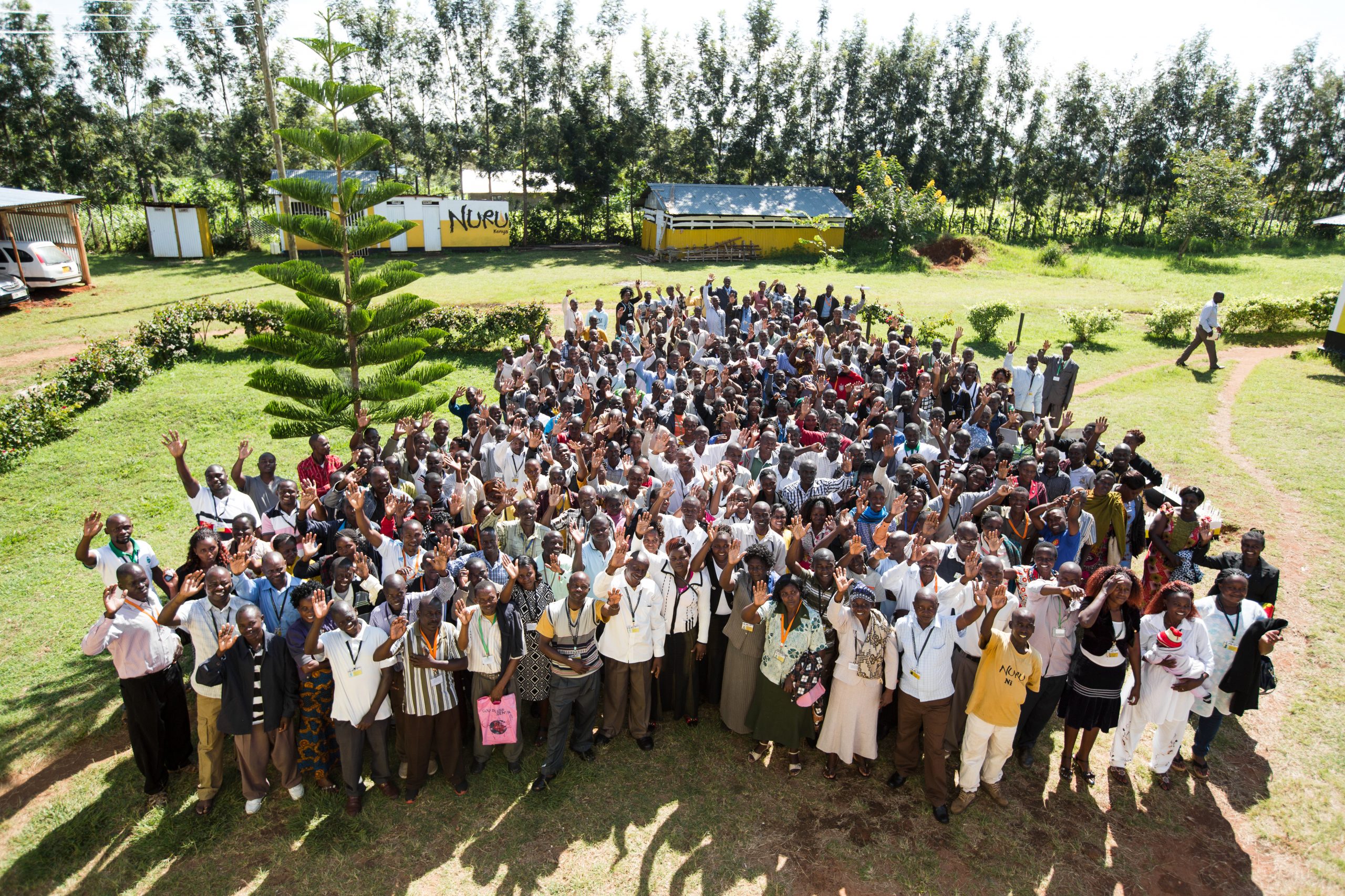The first, second, third, fourth, and fifth posts in this series are an attempt to convey how Nuru’s approach to rural livelihood development reaches farmers with knowledge, technology and opportunities that they demand and need. It requires intentional co-creation processes from design to impact and through to the continuous improvement of program activities using adaptive management techniques. We do this by:
● Championing Behavior Change in Agriculture
● Localizing Training and Extension Services
● Driving Adaptive Programming with Data
● Co-creating Inclusive Value Chains
These focus areas aim to build a local economy that can remain in balance as new and old shocks disrupt the lives and land of the people dependent on it for their livelihoods. Nuru country offices deliver a co-created service package to farmers that fills knowledge and resource gaps they have helped to identify. The services aim to integrate crops, forests and animals (Feed grasses, beans, maize, goat and sheep fattening, and dairy) in a way that is optimal for the human and carrying capacity of the landscape. This is a socio-economic, political, ethnic, and ecological landscape that is managed by the farmers and their formal farmer organizations.
Nuru’s goal is to ensure that communities have the tools to respond to a variety of rural shocks and maintain their core identity without the need for bad handouts that restrain creativity or debilitate collective action. To achieve and scale this goal to the remote, rural areas marginalized by traditional development initiatives Nuru welcomes comments, contributions and connections from present and future partners.


